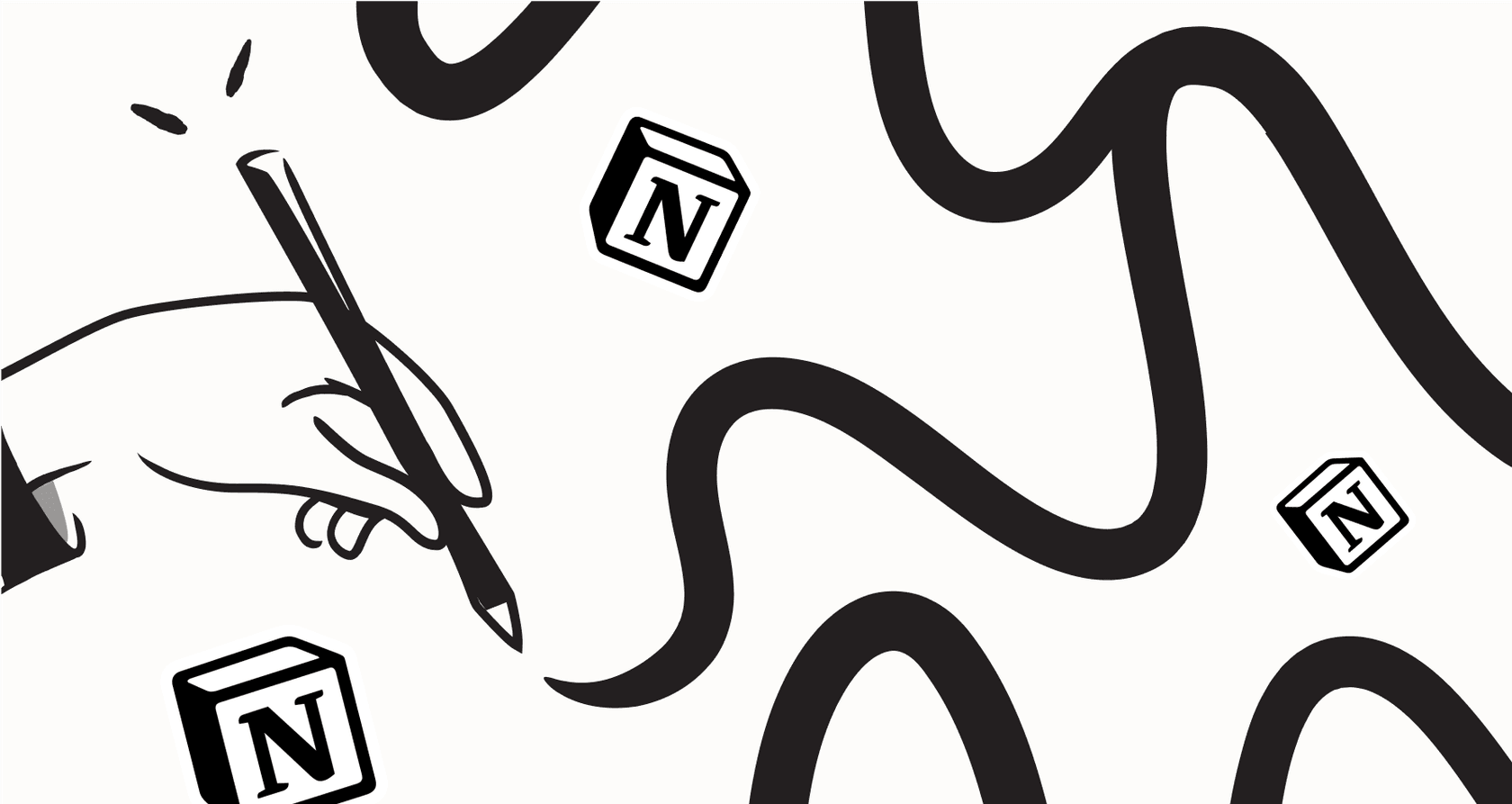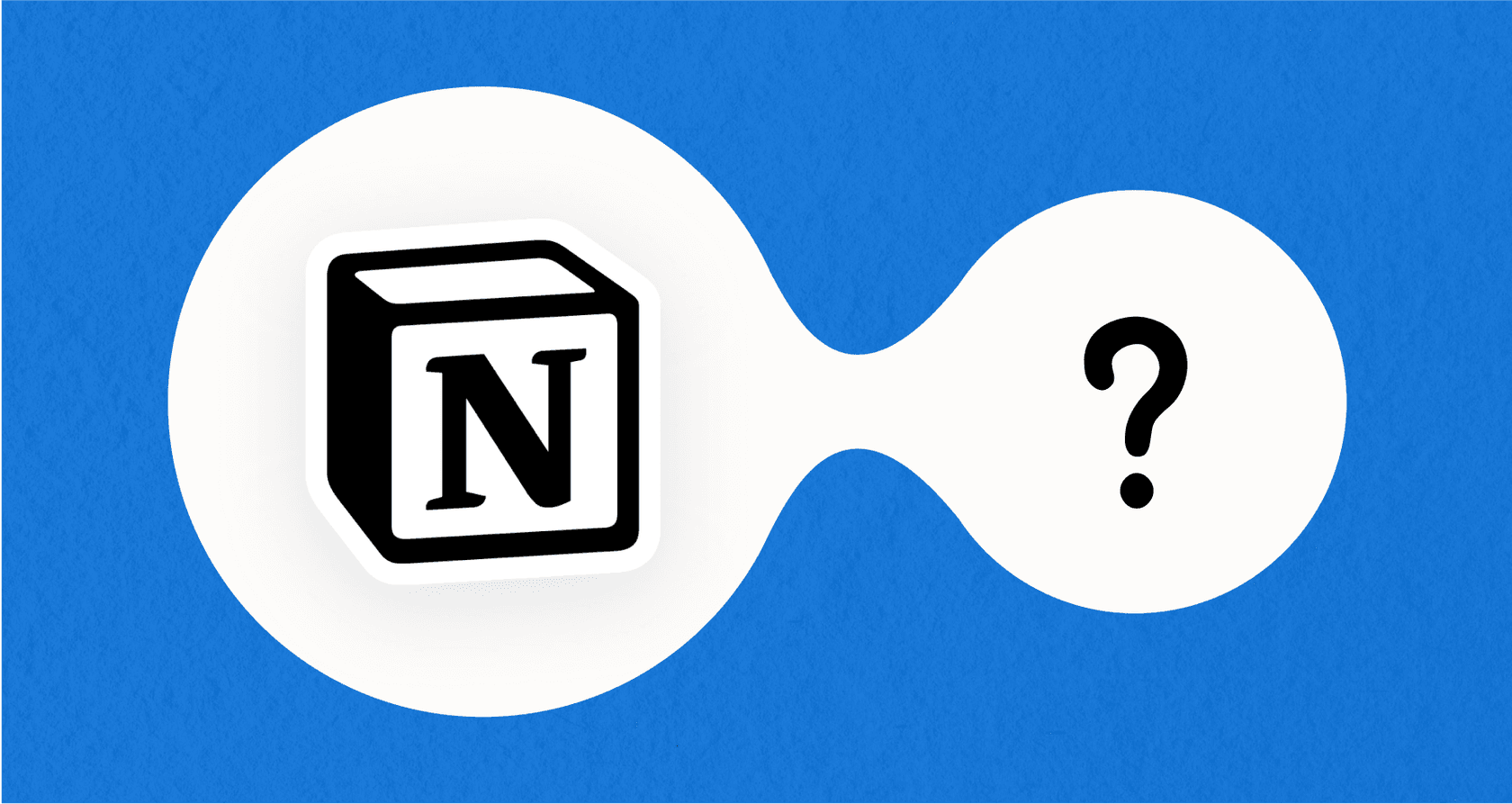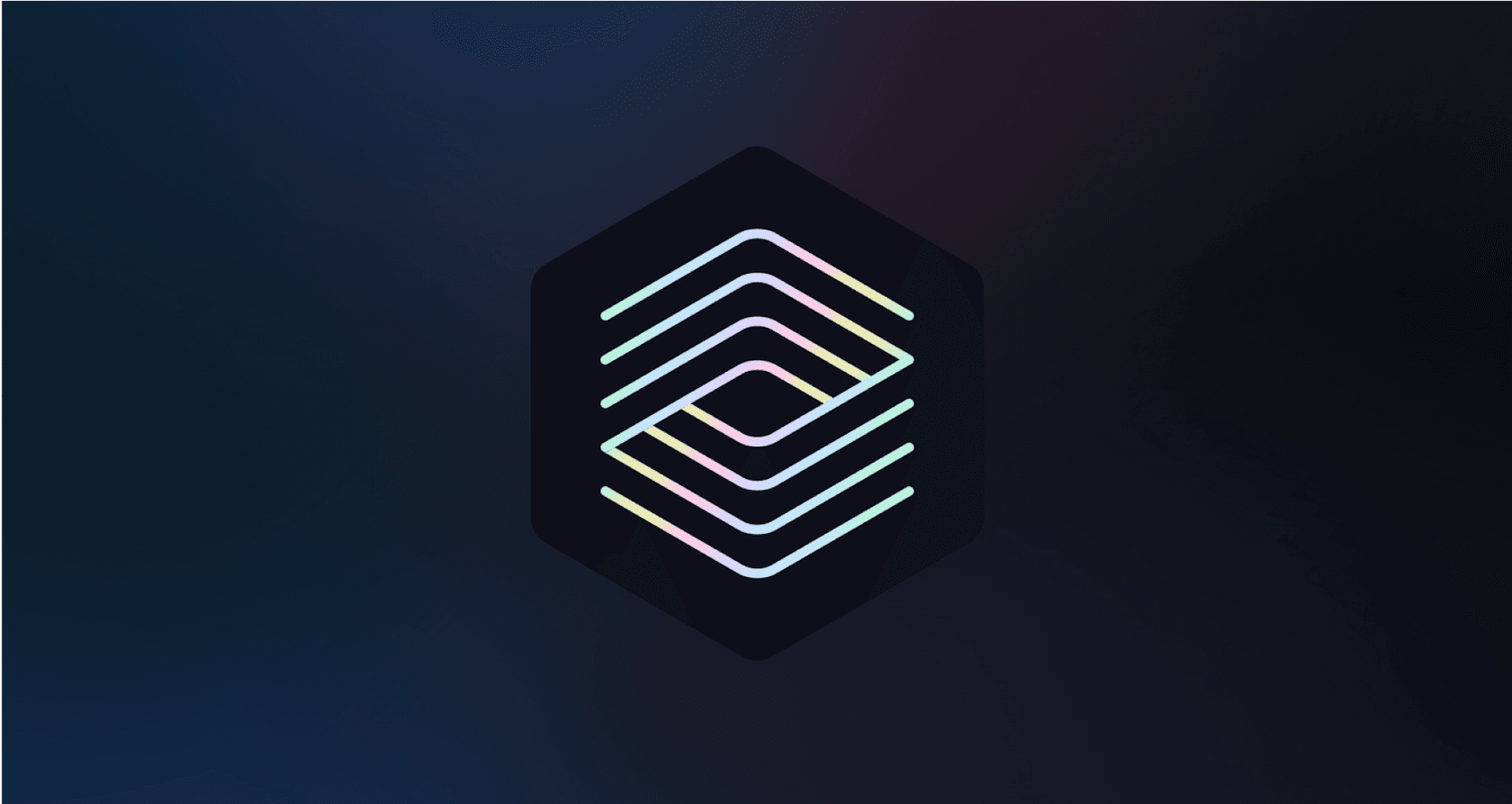
Picking a tool to manage your team’s knowledge can feel like a huge decision. It’s not just about choosing a slick note-taking app; it’s about building a central brain for your company, and that choice affects how everyone works together. For years, the big debate has been between two heavyweights: Evernote, the old reliable digital filing cabinet, and Notion, the super-flexible, do-it-all workspace.
But as your team grows, you start to realize the problem isn't just about where you store information. It's about how easily you can get that information into the hands of people who need it, especially your customer-facing teams.
This guide will break down the whole Notion vs Evernote debate, looking at where each one shines and where they fall short. More importantly, we’ll talk about how to get the most value out of the knowledge you’re so carefully collecting, no matter which platform you end up with.
What is Evernote?
Evernote has been around the block, and for a long time, it was the king of note-taking. Its mission is simple: "Remember everything." It’s designed to be a digital library where you can capture, organize, and find just about anything.
Think of it as a stack of digital notebooks. Inside, you can have notes with text, images, voice memos, scanned documents, you name it. The structure is dead simple: notes go into notebooks, and you can group notebooks into stacks. This makes it incredibly easy for anyone to just pick up and start using. Evernote’s real magic is in its quick capture and powerful search, which can even read text inside your scanned PDFs and images (a feature called OCR). It’s perfect for people who just want a reliable place to dump and find information without a fuss.
What is Notion?
Notion showed up with a much bigger ambition. It doesn't just want to be your notebook; it wants to be the single place where you manage your projects, build your company wiki, and basically run your entire workflow. Its whole philosophy is based on flexibility, using a system of "blocks" and "databases."
A block can be a bit of text, a to-do item, an image, or even a full-blown database. You arrange these blocks on a page to create completely custom layouts. This means teams can build out their own project trackers, content calendars, or knowledge bases from scratch. While that's incredibly powerful, all that freedom means it takes a bit more time to get the hang of. Notion is really for teams who want to create a totally customized workspace where their notes, tasks, and projects are all interconnected.
Capturing and organizing information
At the end of the day, both tools are meant to help you store and find information. But they go about it in completely different ways, which means they fit different types of people and workflows.
The note-taking experience
Evernote is all about speed. Firing up a new note is instant, and the editor has all the basic formatting you need without a ton of distracting options. It's perfect for jotting down a thought before you lose it or taking quick meeting minutes. The whole thing feels like a familiar notebook, just on steroids.
Notion, on the other hand, sees every new note as a blank canvas. Sure, you can just start typing, but its real strength is in using different blocks to structure your thoughts with checklists, tables, or collapsible toggles. This is fantastic for creating detailed, organized documents, but it can feel a bit slow when you just want to get a simple idea down quickly.
Web clipping and quick capture
Both have browser extensions for saving articles, but Evernote’s is a clear winner here. It lets you grab the full article, a cleaned-up version, a specific section, or just a simple bookmark. If you do a lot of online research, that flexibility is amazing.
Notion's web clipper is more straightforward. It grabs the main content of a page and saves it into one of your databases. It works, but you don't get the same level of control as you do with Evernote.
Search capabilities
Historically, this has been Evernote's killer feature. Its search is lightning-fast and includes Optical Character Recognition (OCR), which means it can find text inside PDFs, documents, and even photos of your messy handwriting. If you have a big archive of scanned receipts or documents, this is a lifesaver.
Notion's search has gotten better, but it's not quite on the same level. It does a good job of finding page titles and text in your workspace, but it can’t read text in images and can feel a bit sluggish in larger accounts.
But here’s the thing: even with a great search function, support agents still spend way too much time digging for answers. Instead of searching, what if your team could just ask a question and get an instant answer? Tools like eesel AI connect to all your knowledge sources, whether they're in Notion, a help center, or even Google Docs. It delivers immediate, accurate answers, saving your agents from the tedious hunt for information.
eesel AI connects with all your team's apps, including Notion, so you can find information no matter where it lives.
Structuring work and team collaboration
Beyond just taking notes for yourself, these tools are often used as a central spot for team projects and company knowledge. And when it comes to that, Notion's flexible, database-driven approach gives it a serious advantage.
Task and project management
This is where Notion really starts to pull ahead. You can turn its databases into Kanban boards, calendars, or timelines to track tasks. You can add custom properties for things like status, priority, or who it's assigned to. This lets you build a project management system that’s tailored exactly to how your team works.
Evernote has some task management features, like simple to-do lists within notes and due dates. But they’re pretty basic and aren't really built for managing complex team projects. It’s more for your personal to-do list than a full-on project hub.
Flexibility: Databases vs notebooks
Notion's secret sauce is its database system. You can create databases for anything from a marketing content calendar to a simple CRM, and you can link them all together. Being able to create different "views" of the same data (like seeing your task list as a calendar or a board) is what makes it a genuine all-in-one workspace.
Evernote’s organization is much more traditional: notes, notebooks, and stacks. Its tagging system helps add some flexibility, but it just can't match the power of Notion's relational databases. If you're dealing with structured information or complex workflows, Notion is the way to go.
Team collaboration features
Notion was built for teams from day one. You can comment on specific parts of a page, @mention your coworkers to get their attention, and work together on documents in real-time. Shared workspaces make it simple to set up a central knowledge base that everyone can contribute to.
Evernote lets you share notebooks and notes, but the collaboration doesn't feel quite as smooth. Real-time editing is there, but it feels more bolted-on compared to Notion's naturally collaborative environment.
The real headache for support teams isn't just creating documentation together, but actually using it during a customer conversation. Your internal wiki might be in Notion, while your troubleshooting guides are in Confluence. That knowledge is cut off from the helpdesk where your agents are actually working. This is exactly the problem eesel AI was built to solve. It connects all your knowledge sources and delivers answers right inside your helpdesk, whether you use Zendesk or another platform. It turns all that scattered documentation into a resource your team can actually use on the fly.
eesel AI Copilot provides answers from Notion and other sources directly within your helpdesk, like Zendesk.
Notion vs Evernote: A full pricing comparison
Money talks, and the price tag is a big part of the Notion vs Evernote decision. Both have changed their plans a lot over the years, so here’s how they stack up right now.
Evernote pricing plans
Evernote has gotten a lot less generous with its free plan, which now feels more like a limited trial than a long-term option.
| Plan | Price (Billed Annually) | Key Features |
|---|---|---|
| Free | $0 | Up to 50 notes & 1 notebook, 250 MB monthly uploads, 1 device sync. |
| Personal | $10.83/month | 150,000 notes, 2,000 notebooks, 10 GB monthly uploads, unlimited devices. |
| Professional | $14.16/month | Everything in Personal, plus AI-Powered Search, AI Edit, 20 GB monthly uploads. |
| Enterprise | Custom | Company data ownership, dedicated success manager, advanced security, SSO. |
Notion pricing plans
Notion, on the other hand, has one of the best free plans out there, which makes it super appealing for individuals and small teams.
| Plan | Price (Billed Annually) | Key Features |
|---|---|---|
| Free | $0 | Unlimited pages & blocks, collaborative workspace, invite up to 10 guests. |
| Plus | $10/user/month | Unlimited file uploads, 30-day page history, unlimited collaborative blocks. |
| Business | $20/user/month | SAML SSO, private teamspaces, advanced page analytics, 90-day page history. |
| Enterprise | Custom | Advanced security & controls, audit log, dedicated success manager, unlimited page history. |
Which offers better value?
Honestly, for individuals and small teams just getting started, Notion's free plan is a no-brainer. You get unlimited notes and real collaboration features without paying anything. For paid teams, Notion's plans are still very competitive, especially when you consider you're getting project management and wiki features, not just a note-taker. Evernote's pricing feels a little steep for what it is, and its free plan is just too restrictive for most people to use seriously.
Notion vs Evernote: Which tool should you choose?
There's no single right answer in the Notion vs Evernote showdown. It really comes down to what you and your team actually need.
Choose Evernote if:
-
Your main priority is fast, simple note-taking and clipping things from the web.
-
You need a top-notch search with OCR to find text inside images and scans.
-
You prefer a tool that works perfectly right out of the box with almost no setup.
Choose Notion if:
-
You want a flexible, all-in-one workspace to handle your notes, tasks, and projects.
-
You love the idea of building your own systems with powerful databases.
-
Your goal is to build a collaborative team wiki or central knowledge base.
At the end of the day, both are great places to store information. But for modern teams, the real challenge isn't storage, it's making that knowledge easy to find and use when it matters most. Forcing your support team to constantly jump between their knowledge base and their helpdesk just slows everyone down.
So instead of getting locked into one platform, what if you could just connect them all? eesel AI plugs right into Notion, Confluence, Google Docs, past support tickets, and over 100 other apps. It learns from all your existing knowledge and gives your support team an AI agent that can resolve tickets on its own or an AI copilot that drafts replies in seconds, right inside your helpdesk.
You can get it running in minutes, not months, without having to migrate any of your data. It's time to stop worrying about where your knowledge lives and start putting it to work.
Frequently asked questions
Consider your team's primary needs. If you prioritize an all-in-one workspace with project management and deep customization, Notion is likely better. If you need simple, fast note-taking and powerful search for diverse file types, Evernote might be the fit.
Notion was designed with team collaboration in mind, offering robust features like real-time editing, commenting, and @mentions, making it ideal for a dynamic shared wiki. Evernote offers sharing but its collaborative features are not as integrated or smooth.
Evernote is typically quicker to pick up and use due to its simpler, more traditional note-taking structure. Notion, while powerful, has a steeper learning curve because of its extensive customization options and block-based system.
Notion's free plan offers unlimited pages and blocks with collaborative features, providing excellent value for individuals and small teams. Evernote's free plan is quite restrictive, acting more as a limited trial.
Notion excels in this area with its powerful databases, allowing teams to build highly customized project trackers, content calendars, and link notes directly to tasks. Evernote's task management is much more basic and not designed for complex team projects.
Evernote has historically been superior for search, particularly with its OCR feature that finds text within scanned PDFs and images. Notion's search has improved but does not offer the same level of OCR and can feel slower in larger workspaces.
Share this post

Article by
Stevia Putri
Stevia Putri is a marketing generalist at eesel AI, where she helps turn powerful AI tools into stories that resonate. She’s driven by curiosity, clarity, and the human side of technology.






